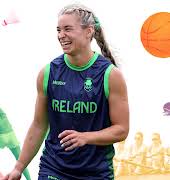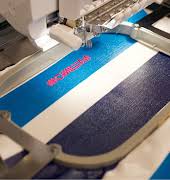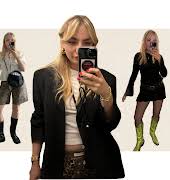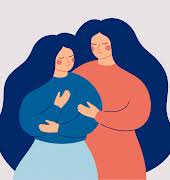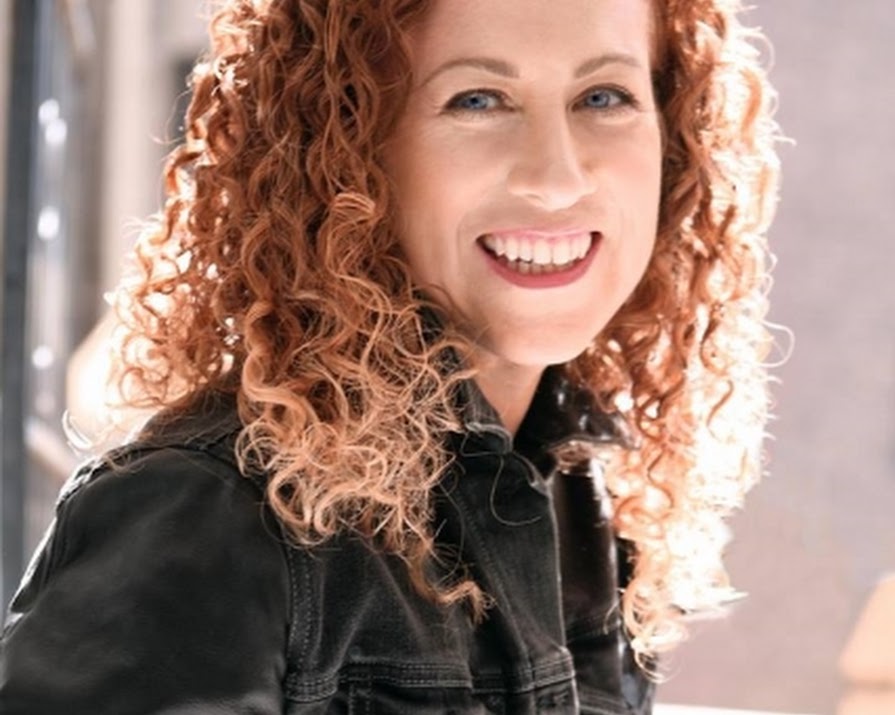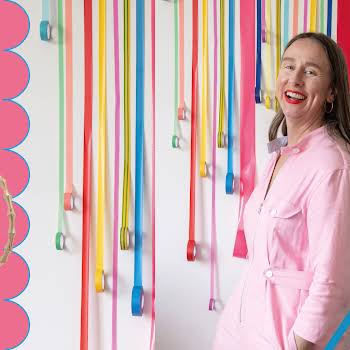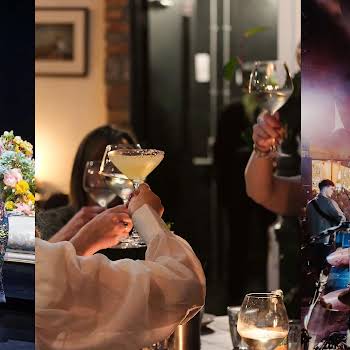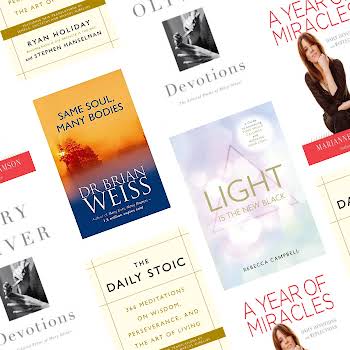
By Jeanne Sutton
27th Nov 2014
27th Nov 2014
jodi picoult smiling
The writer Jodi Picoult has been steadily publishing bestsellers for over twenty years – 23 in fact, with sale figures in the multi-millions. In her stories, Picoult tackles issues such as domestic abuse, suicide, and medical ethics. It’s not light reading to say the least, yet the industry routinely dismisses her work as airport and women’s fiction. In other words, ?chick lit?. Think pastel cover designs, choice endorsements from safe lady magazines, maybe a famous book club sticker that clearly broadcasts ?God forbid anyone think this analysis of the human condition is anywhere in the same universe as Colm Tob?n or Jonathan Franzen!?
However, Jodi is having enough of this wearying attitude. On the press tour for her latest novel Leaving Time, she’s forthright on the sexism she endures despite her measurable success. In an interview with The Telegraph’s Byrony Gordon she addresses the litany of BS she deals with. And the term ?women’s fiction?? According to Picoult that ‘doesn’t mean that’s your audience. Unfortunately, it means you have lady parts.?

Picoult has a valid point, pointing to novels such as One Day by David Nicholls and Jeffrey Eugenides? The Marriage Plot. Both of these books were commercial and critical successes, packaged and marketed as literary endeavours – jaunty typography swam across covers with rusty colours that were anti-chick-lit. Both of these books were about romantic relationships. ?If I had written that, it would have had a pink, fluffy cover on it. If Jenny Eugenides had written it, it would have had a pink fluffy cover on it,? Picoult says.
The denigration of women’s writing is as old as the printing press. The Bront’s originally wrote under a variety of male names. JK Rowling’s publisher advised her to stick to the initials so young boys wouldn’t be put off by a female name on the cover of the Harry Potter novels. And in the past two decades chick lit has become a byword for bad writing in the lexicons of people who proudly consider themselves literary snobs. It is a term almost exclusively brandished at women writers.

While there is a glut of bad ?chick lit? books featuring young protagonists who manage to find love and not fall into debt while working in media, there are also many amazing writers who find themselves stuck in the ?chick lit? molasses. There are also a lot of terribly indulgent novels categorised as literary fiction.
Marian Keyes is one of Ireland’s biggest literary exports, and one of the leading names in the so-called chick lit space. In Rachel’s Holiday she tackled addiction. This Charming Man was an incredible study of an abusive man. Her new novel The Woman Who Stole My Life opens with a study of paralysis. David Nicholl’s recent novel Us is about a couple coping with a divorce. Which one is Esquire more likely to include in their books pages?
Jodi Picoult joins a growing army of bestselling women writers who are exasperated with the critical silence when it comes to their words. The In Her Shoes writer Jennifer Weiner, who is on a constant and loud crusade, summed it up best last August when she said,
?What men produce is deemed art; what women produce is deemed craft. Women make quilts and people say, ‘That’s adorable, let’s put it on the bed.? Men make a painting and people want to hang it in a museum.?
It’s time we put this kind of prejudice in the (bargain) bin.
Follow Jeanne Sutton on Twitter @jeannedesutun

